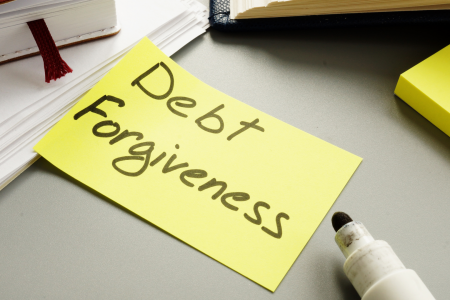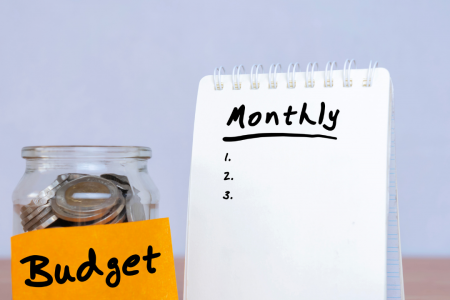When it comes to obtaining a loan, the process can be pretty complicated. If you are interested in getting a big loan, you’ll need to understand what that means and how it will affect your life. This article provides helpful information on what a jumbo loan actually is and how to go about getting one.
What is a Jumbo Loan?
A jumbo loan is a loan that has an aggregate loan amount of $1 million or more. These loans are popular with borrowers who need financing for large purchases, such as a home or a business expansion. There are a few things to keep in mind when applying for a jumbo loan:
- The interest rate on jumbo loans can be higher than standard loans, and the terms may be longer. Also, jumbo loans typically require a down payment of at least 50%.
- Jumbo loans are not available everywhere. Your bank may only offer jumbo loans to members of its lending syndicate.
How to Qualify for a Jumbo Loan
So that you can qualify for a jumbo loan, you should have a higher credit score than the traditional loan. Understand that lenders make use of your credit score to see if you are financially dependable. When you have a high score, then lenders will trust you more.
The lenders will usually go through the credit report and see if there are negative items like late payments, bankruptcy, foreclosures, missed payments, and others. So if you have experienced any of these in the past, then you have to wait until these items have been removed from your credit report. It may take 7 to 10 years from the date you reported for foreclosure or bankruptcy.
Also, the lenders will be checking your DTI ratio or the debt-to-income ratio. Lenders may think twice about approving you for a jumbo loan if the debt percentage is higher than your monthly income.
Benefits of a Jumbo Loan
If you are interested in getting a jumbo loan, then you should know the benefits that you can have from getting this kind of loan. Here are some of them:
- Flexibility. Jumbo loans offer more flexibility than smaller loans, allowing you to choose the terms that work best for you.
- Cost-effective borrowing. Jumbo loans are often cheaper than other types of loans, making them a good option if you need to borrow a large amount of money.
- More options. With a jumbo loan, you have more options for repayment and interest rates, giving you more control over your finances.
- Faster approval time. Jumbo loans usually take less time to approve than smaller loans, so you can get the money you need as quickly as possible.
If you’re looking for a big loan that offers all of the benefits listed above, a jumbo loan may be the right choice for you.
Drawbacks of a Jumbo Loan
From big-ticket items like cars and homes to everyday expenses, a jumbo loan can be the perfect solution for many people. But before you take out a loan that’s bigger than your average one, it’s essential to understand the potential drawbacks. For starters, jumbo loans come with higher interest rates and require larger down payments. That means you may have to borrow more money than you initially thought and could end up paying back more in total than if you had taken out a smaller loan.
Additionally, sometimes lenders will only approve loans if the borrower can prove they have a good credit score. If your credit is not stellar, a jumbo loan may not be an option at all. And finally, because jumbo loans are typically issued in amounts of $100,000 or more, they’re often difficult to get approved for without collateral, meaning you might need to sell something valuable if you want to borrow money from a lender.
Before taking out a jumbo loan, these factors are worth considering, but don’t let them scare you off entirely. If you find the right lender and have a solid financial plan in place, there’s no reason why a jumbo loan can’t be the perfect solution.
Are You Interested in Getting a Jumbo Loan?
If you have been contemplating that big purchase you want to pursue, then a jumbo loan can be the option to go for. Whatever that is, you must make sure you can repay the loan to avoid any issues.
Lenders often require applicants to undergo a pre-approval process before approving a jumbo loan. This means that your credit score will need to be sufficiently high and your income verified before you can even apply for this loan.








